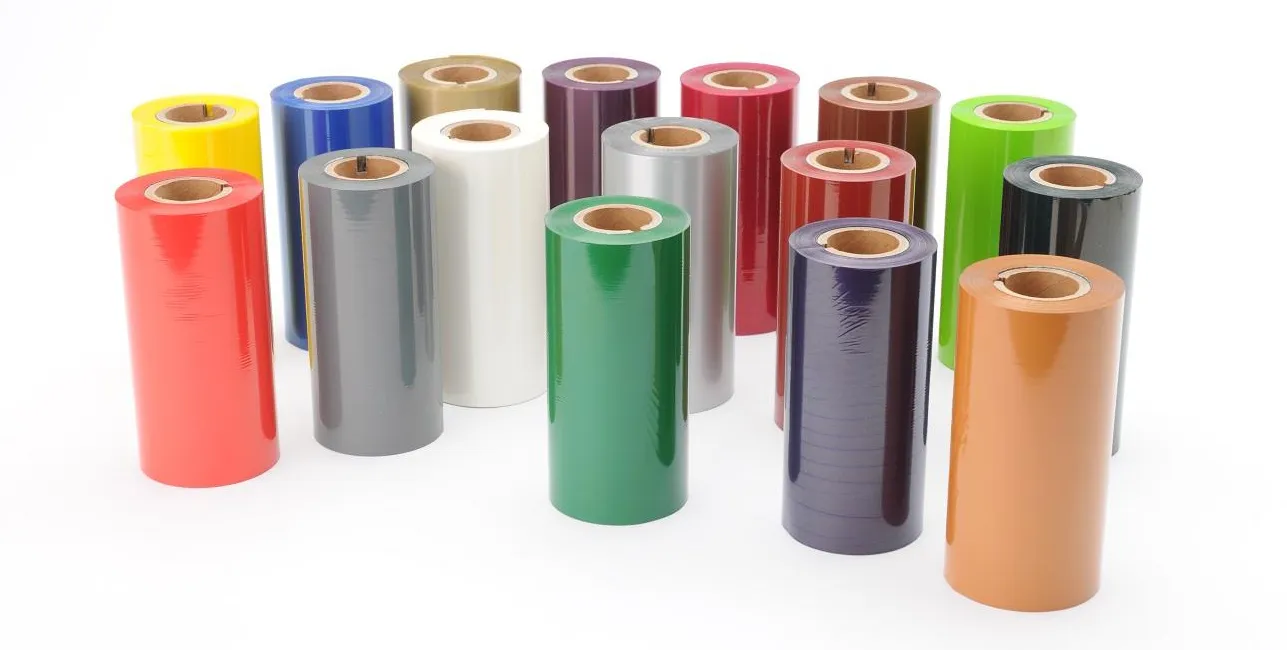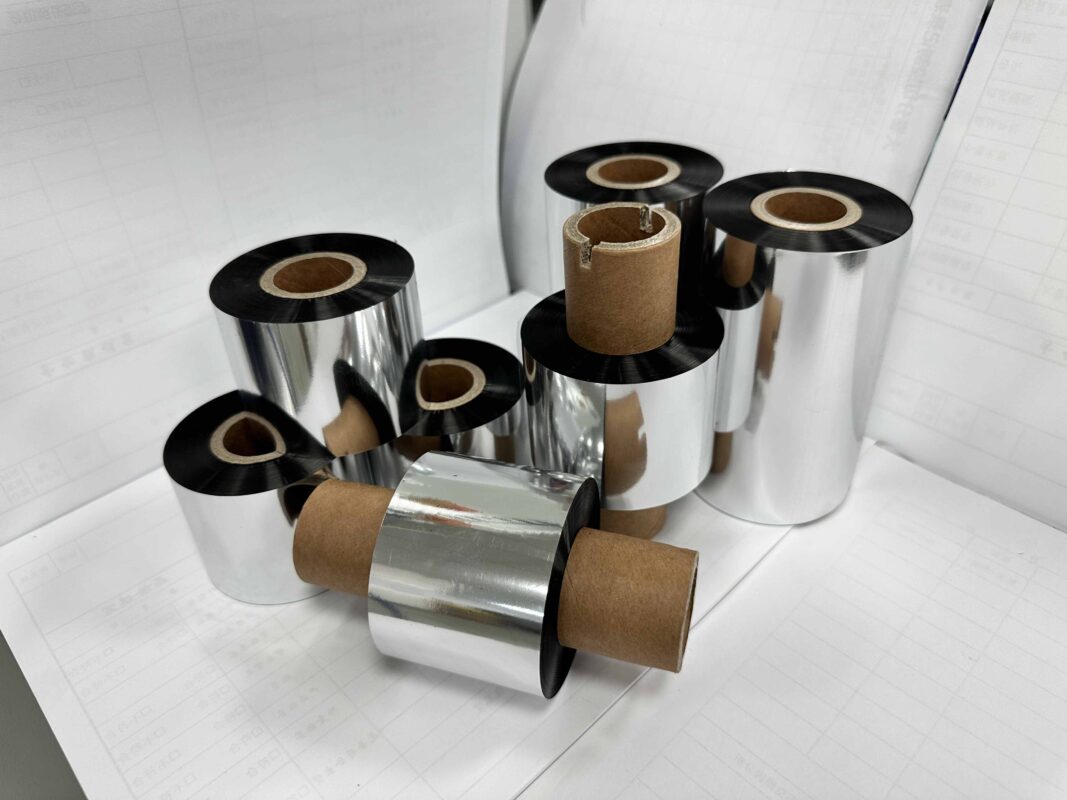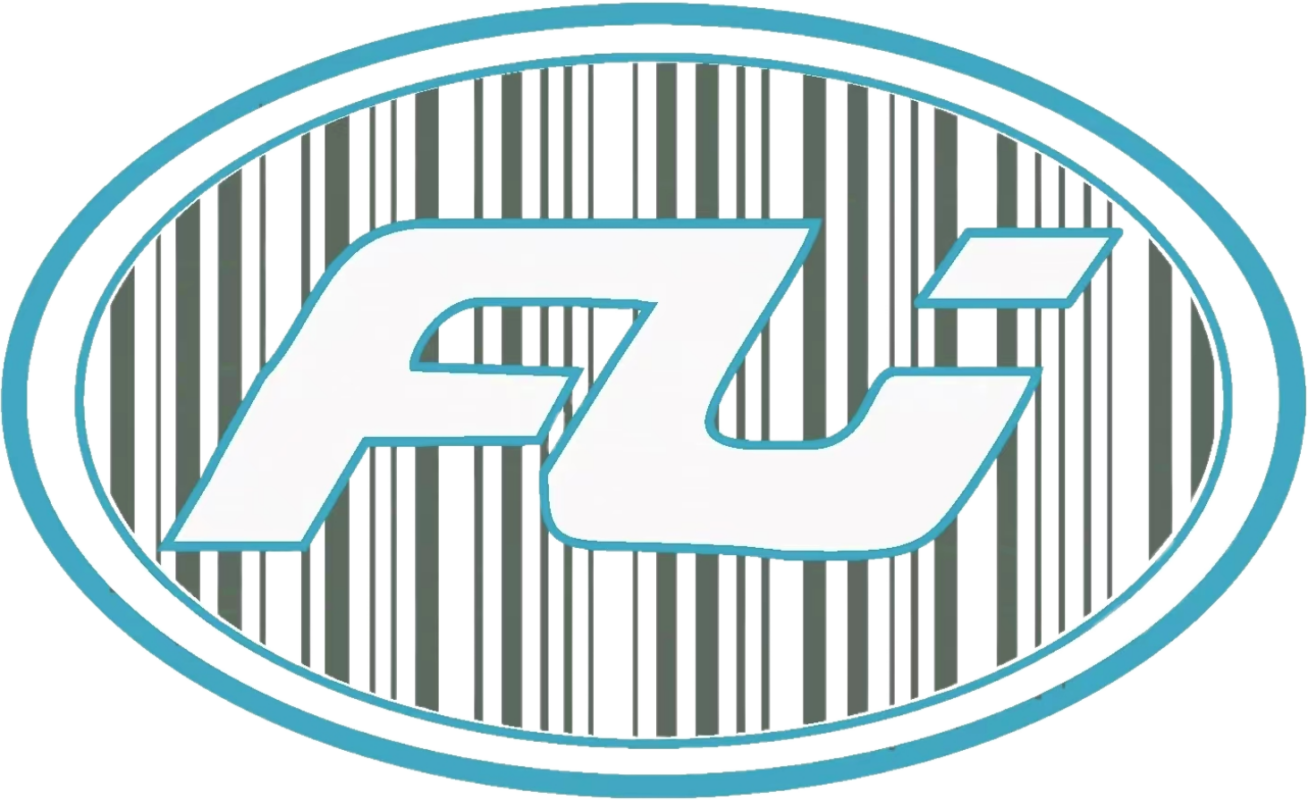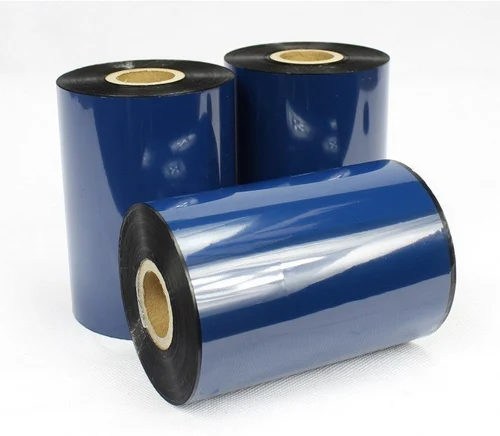Blog
Electric Label Making: A Complete Guide for Distributors and Industrial Buyers
Electric label making brings transformation to how businesses manage identification processes and logistics while improving packaging methods and meeting compliance standards. Electric label making equipment ranging from desktop printers to sophisticated automated systems drives enhanced efficiency and precision across multiple sectors.
Distributors, resellers and procurement specialists must understand electric label making to source appropriate equipment and consumables. The guide provides comprehensive information on machine types and materials along with sourcing strategies and B2B customization options.
What Is Electric Label Making?
Electric label making involves the use of electrically powered machines to produce labels through design and printing processes and in some cases apply them directly to products or packaging. These label-making machines operate using electricity or rechargeable battery power while ranging from portable handheld devices to large fully automated industrial systems.
Types of Electric Label Makers
1. Desktop Label Printers
- Compact, office or retail use
- Ideal for shipping, barcode, inventory labels
- Desktop label printers typically employ direct thermal or thermal transfer printing technologies.
2. Industrial Label Makers
- Rugged design for factories, warehouses
- Can handle high-volume output
- Often compatible with wider range of materials
3. Portable Handheld Label Makers
- Lightweight, battery-powered
- These devices work well for labeling cables and maintaining facilities while enabling users to print labels on-site.
4. Integrated Labeling Systems
- Used on production lines
- Prints and applies labels automatically
- Integrated with inventory and ERP systems
Electric Label Printing Technologies
Direct Thermal
- Uses heat-sensitive material
- No ink or ribbon needed
- Ideal for short-term labeling like shipping
Thermal Transfer
- Uses ribbon and label media
- Longer-lasting, resistant to heat, chemicals
- Suitable for compliance, industrial labeling
Inkjet & Laser
- Higher print quality
- Mostly used for full-color or retail packaging
- Not commonly electric handheld devices
Common Label Materials Used
| Material | Characteristics | Application |
|---|---|---|
| Direct Thermal Paper | Low cost, temporary, sensitive to heat | Shipping, inventory |
| Polyester | Tear-resistant, weatherproof | Outdoor, asset labeling |
| Polypropylene | Water/oil resistant, flexible | Packaging, chemicals |
| Vinyl | Durable, fade-resistant | Industrial, signage |
| Fabric | Washable, used for textiles | Clothing, care tags |
Industrial Applications of Electric Label Making
Logistics & Distribution
- Barcode, shipping, pallet, bin labeling
- Inventory tracking
Manufacturing
- Work-in-progress tags
- Safety and compliance labeling
- Part traceability

Retail
- Shelf labels
- Promotional stickers
- Product branding
Healthcare
- Patient ID
- Sample vial tagging
- Equipment maintenance tracking
Food & Beverage
- Nutritional facts
- Expiry dates
- Cold storage labeling
Electric label making systems provide distributors and resellers with multiple advantages.
High Demand
- Widely used across industries
- Recurring business through consumables (labels, ribbons)
Product Line Expansion
- Sell machines, accessories, consumables, service packages
Custom Branding Opportunities
- Offer private label printers or consumables
- Tailor printer interfaces alongside label software solutions to accommodate client needs.
Market Differentiation
- Provide solutions that meet specific industry requirements like GHS chemical labeling systems
- Deliver specific label sizes and formats to serve specialized markets.
When selecting electric label making equipment you should evaluate print technology and label size compatibility alongside connectivity options and durability requirements.
- Print technology (thermal vs ink)
- Label size compatibility
- Connectivity options (USB, Ethernet, Wi-Fi)
- Durability and usage environment
- Support and warranty services
- Compatibility with consumables and software
Selecting a dependable supplier for label machines requires careful evaluation of several factors.
- Offers a complete ecosystem (machine + label + ribbon)
- Provides technical documentation and certifications
- Can meet regional compliance (CE, RoHS, FCC)
- Capable of OEM/ODM customization
- Short lead times and strong after-sales support
Sourcing Labels and Ribbons in Bulk
Distributors obtain financial advantages when they purchase consumables in bulk quantities.
- Lower per-unit costs
- Custom die-cut sizes and materials
- Flexible packaging formats
- Brandable core or roll labels
Maintenance and Handling Best Practices
- Regular printhead cleaning (every 2-3 rolls)
- Use compatible media to avoid jamming
- Store labels in dry, temperature-controlled environment
- Update firmware for performance enhancements

Conclusion
Any business that needs clear and durable labels along with efficient production methods must use electric label making equipment. Distributors, resellers, and industrial buyers can create value through equipment sales as well as consumables offerings and long-term partnership development. Businesses can deliver scalable solutions with higher profit margins to clients when they understand different machine types and printing methods as well as effective sourcing approaches.
Looking for bulk options to purchase electric label making equipment or consumables?
Click here to contact our team or reach us directly:
- Email: sales@foyottr.com
- Tel: +86-592-6018318
- Website: https://foyottr.com/
FAQ
Direct thermal printing relies on heat-sensitive labels whereas thermal transfer printing requires a ribbon to transfer images onto different materials.
Direct thermal printing requires heat-sensitive labels to create images while thermal transfer printing uses a ribbon to deliver longer-lasting images on different substrates.
Industrial-grade electric label makers are ideal for high-volume production because they are made for continuous operation in demanding conditions.
Yes. Models built for industrial-grade applications handle both non-stop operation and demanding environmental conditions.
Electric label makers allow customization with my brand through OEM services offered by manufacturers.
Yes. Both hardware and consumables OEM services are available from numerous manufacturers.
Electric label printers can print on direct thermal paper as well as synthetic film, polypropylene, and polyester materials.
Direct thermal paper and synthetic film along with polypropylene and polyester represent typical labeling materials for electric label printers.
Bulk orders typically require 15–25 business days to ship.
The shipping time for most OEM electric label systems and consumables ranges from 15 to 25 business days although lead times may differ.
Contact Us
📩 sales@foyottr.com
📞 Tel: +86-592-6018320
🌐 https://foyottr.com/
Visit our Contact Page to get started or request a quote today.

